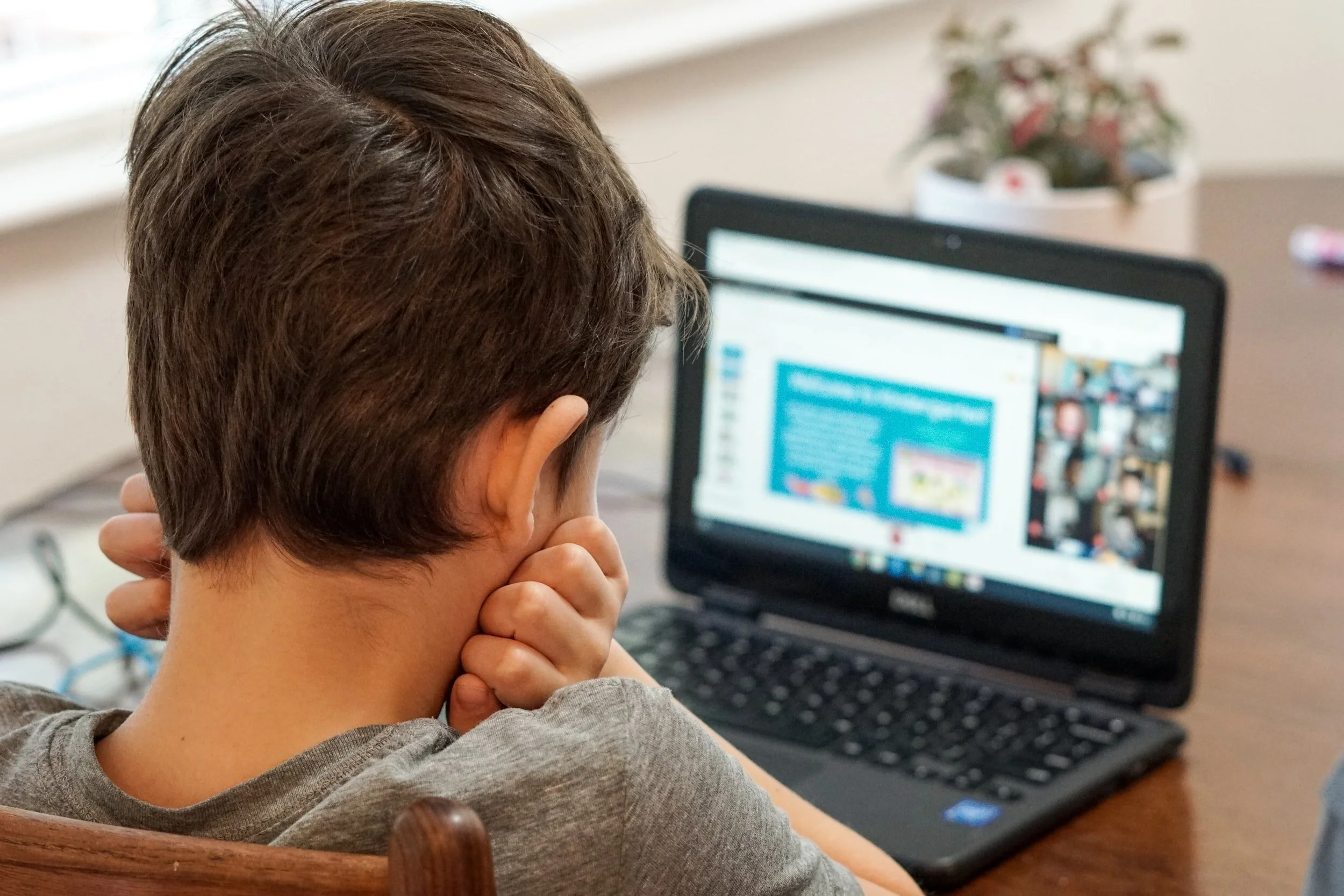JAMILA OTHMAN ALI
Student’s Resilience
The UNESCO has estimated that 91.5 % of the world’s learning population is studying remotely, with almost 194 governments making it mandatory to close schools and educational institute. Ending up more than 1.5 billion students in online classrooms now.
All over the world, lives are stressed by the pandemic. This plague has evidently affected the lives of the students and educators, forcing them to adjust themselves to the challenges of online learning.
Effects of the Shift to Virtual Platforms on Educators
While education adapted to teaching and learning at a distance, the workload in terms of preparation and paperwork has taken a huge toll on students as well as educators and administrators. This load is increasing by the day. While there have been students who are excelling through online learning, the toll of the pandemic, isolation, preparation has risen among teachers, staff, and students.
Educators face huge pressure of remodeling their classes into effective digital forms. With the increase in workload, anxiety has doubled on them, sparking concerns over educator’s burnout.
Many experienced educators are facing an emotional letdown or even collapse. Leaving them to no choice but to take a hiatus during this pandemic. Mental and physical health are 2 interrelated. The mental and physical stress lowers immunity, and this distress is closely related with heart diseases and cancer.
Some tried-practices online designed by educators might help our students feel connected and resilient during COVID-19 pandemic.
Effects of Virtual Learning on Students
Figures given by the UN, 99.9 % students in Saudi are feeling the strain during online classes. For some, that strain begins with the eyes. Screen exposure from morning 8:00 am to 2:30 pm in the afternoon at poorly adjusted screens and ambient lighting has resulted to eyestrain and increase in students wearing glasses.The sudden shift in lifestyle has led to loneliness, frustration, panic attacks and even to depression.
Unfortunately, due to the changing lifestyle many students are being ignored. Educators who are the primary direct contact with online students can look for indicators and inform the student counsellor about the struggling students. Supporting mental health needs during online teaching should become essential in all educational institutes.
Online Activities for Emotional Wellbeing
As an activity teacher, I organized virtual activities on the occasion of the World Mental Health Week. Virtual events like this help support and cater student’s mental well-being. Activities like:
The Gratitude Jar
Along with breathing exercises; meditation and emotional management using ‘emotion wheel’, not only boost the student’s confidence but also enhanced their learning capacity.
One of the quotes I used before starting the lesson
Positive Quote of the Day
A new quote or saying every morning with a brief discussion with students. It helped students and educators to look at things optimistically.
Presentations
Prepare presentations marking special days like ‘The Children Mental Awareness Month ‘helps students know the importance of good mental health especially during the pandemic.
Wacky Wednesday
Another fun activity where students dress up like their favorite comedian/joker and share jokes. This not only added humor and laughter but also lowered anxiety levels for both the student and educator.
These activities above have been carefully designed to help educators stay connected with thier students during this time of uncertainty, connecting and building rapport beyond the academic content in the curriculum. This way, educators are teaching students a skill that has potentials beyond the pandemic and will stay engrained in their minds for a lifetime.
Creativity in Online Learning
In an online setting, students enjoyed a more flexible approach for their skill development. Students can connect with each other at any hour around the world and gather or exchange ideas. Online project based learning activities really made the learners focus at their tasks. All activities were successfully virtually done using video conferencing. The actual sharing of ideas and projects took place either offline or online after the execution of each activity. And students enjoyed a change from regular online lectures. It also boosted their motivation and helped enjoy this new experience called online learning. Activities like these improve the rapport between the teacher and the student. Although in an online setting students could not actually be engaged completely. Therefore, there was a loss of creativity sharing amongst student that was in the in- class setting. Much of the power of learning lay in the power of the internet and IT skills knowledge and interest of students.
The online learning environment is just another type of learning experience. It is similar to and different from environments that are traditional in class. However, the ways we utilized it will differ in terms of strategies as educators make use of the characteristics and capacities of these environments.
About the Author:
Jamila Othman is a senior ELT educator and activity head in Jeddah. She has attended and presented in numerous local and international ELT conferences and symposiums. Othman has interest in academic research, positive education, and child psychology. Her on-going research project is based on the mental challenges faced by students in Covid -19.
Ms. Jamila was awarded ‘The Most Distinguished Teacher Medal’ by Jeddah Education Ministry, Saudi Arabia in 2020-2021.
A graduate of the American University and University of Derby – UK, she is the current KSAALT TESOL Jeddah Chapter representative. Othman has a degree in Business and TESOL. Her hobbies are swimming; painting; reading and writing.
Jamila Othman is a cancer activist in Jeddah and continues to organize many such awareness events and activities for school students.








